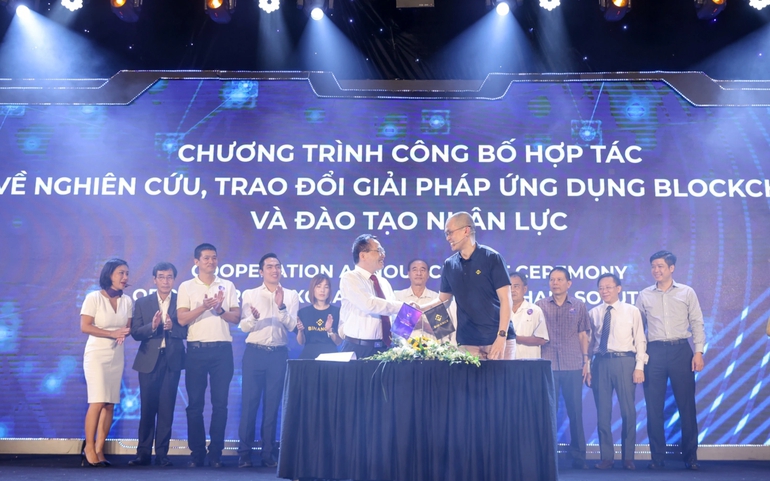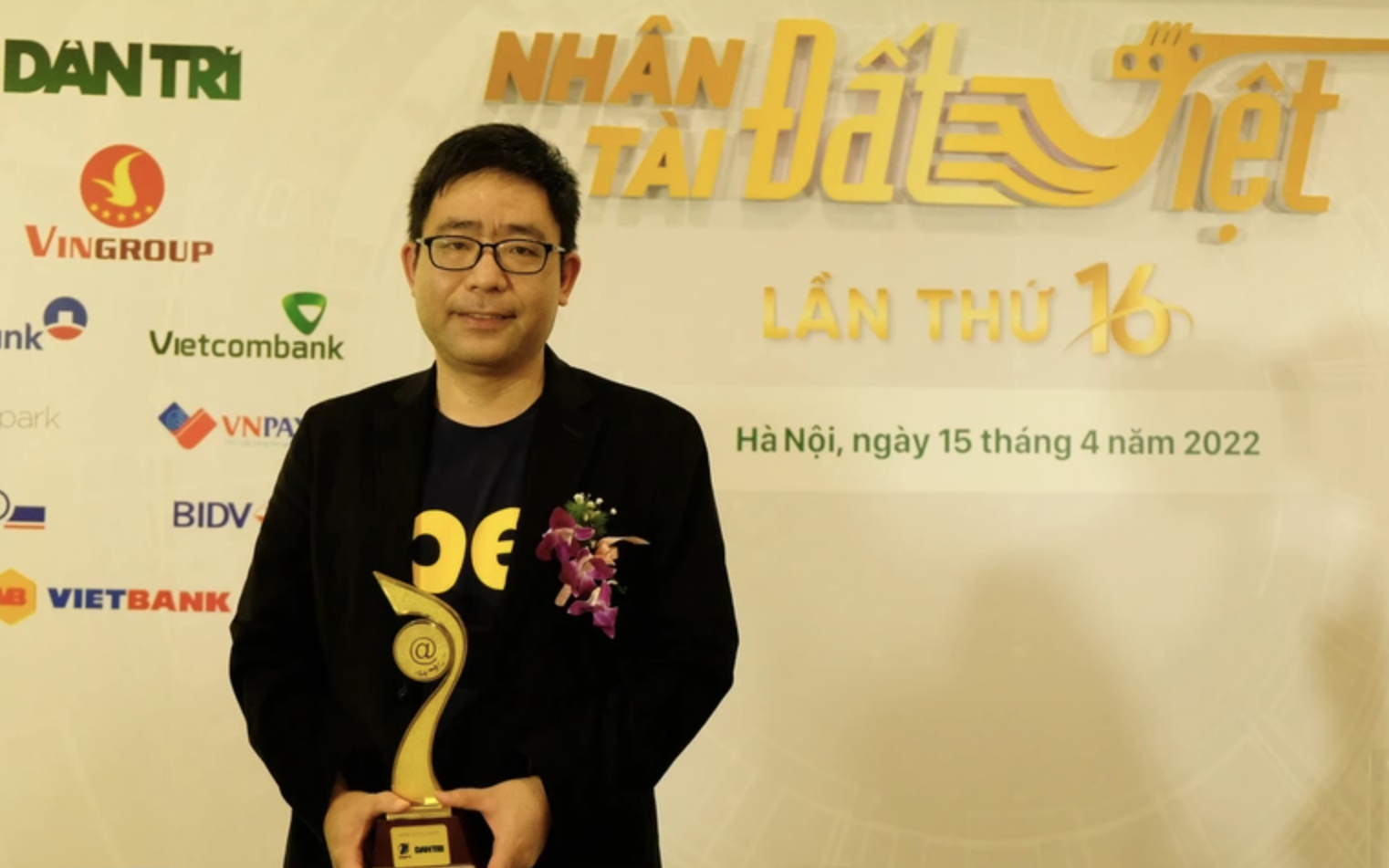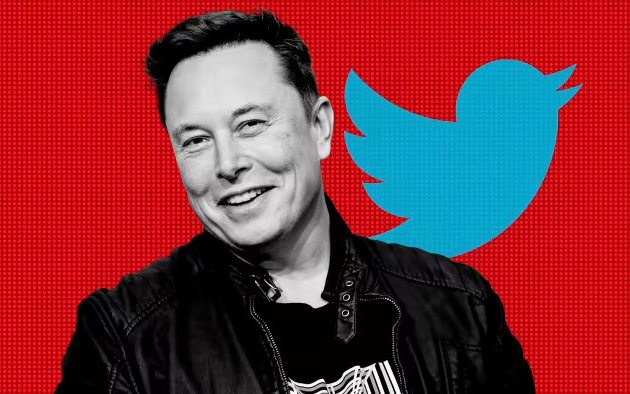Bringing Artificial Intelligence, Robots to the Curriculum in India
Specifically, the Council of Indian Schools Certificate Examinations (CISCE) and the Institute of Technology India Delhi (IIT- Delhi) announced that they will jointly design a curriculum for schools that will include robotics, artificial intelligence, machine learning and data science. The curriculum is for grades 9 to 12 at schools affiliated with the CISCE board.
The Technology Innovation Center of the Indian Institute of Technology Delhi (IIT-Delhi) is the I-Hub Foundation for Cobotics (IHFC), and CISCE has signed a cooperation agreement to implement the project. According to a report by the government AI portal of India, IHFC will help CISCE cut curriculum to “reinforce 21st century skills” and achieve the goals set forth in the Education Policy National (NEP) 2020. Furthermore, officials said they plan to upgrade existing courses to align with NEP 2020.
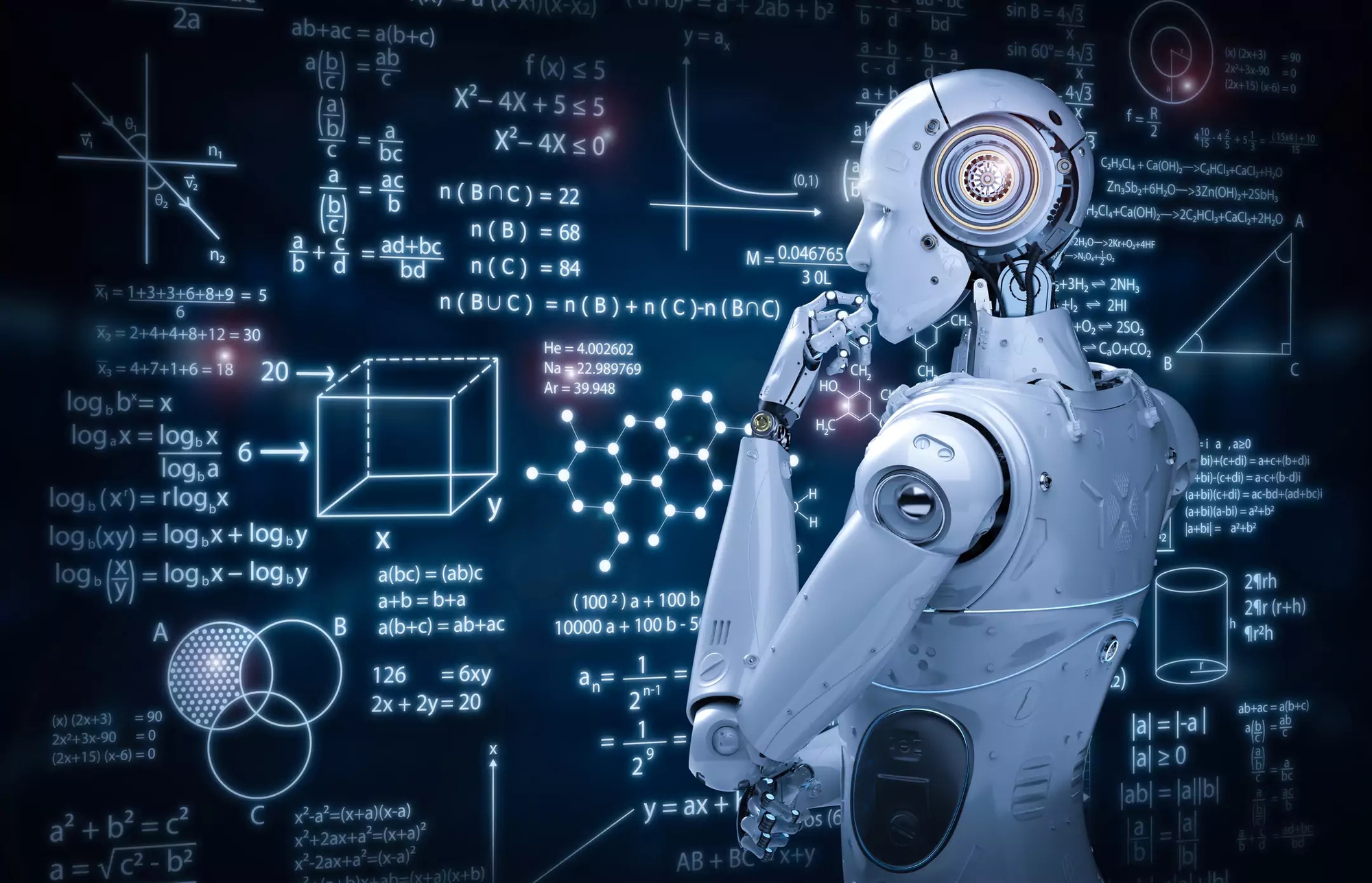
To prepare the future workforce to live and thrive in a society where digital technology is deeply rooted, some Indian schools will soon incorporate AI, Robotics into their curricula. with age and level. Photo: @AFP.
An IHFC representative emphasized the need to strengthen the country’s capacity to master emerging technologies. As IHFC develops the curriculum, it will reflect the principles of experiential learning and aspects of theory.
IHFC can play an important role in project implementation at the approximately 2,700 schools affiliated with CISCE by providing guidance and technical expertise. According to the IHFC project director, key aspects of the project’s vision are to cultivate teamwork, innovation and knowledge to bridge the gap between young engineering students and potential robotics enthusiasts. Future.
To increase digital literacy in the country, state governments have been encouraged to offer courses and initiatives in AI and other emerging technologies. Earlier this year, the Robert Bosch Center for Data Science and Artificial Intelligence (RBC-DSAI) of the Indian Institute of Technology Madras (IIT-Madras) invited students to participate in the national ‘Summer 2022 Internship’ program. family. The aim is to help students gain real-world experience working on cutting-edge discoveries, with some of the country’s top experts in data science and AI.
In March, IIT-Madras announced an 18-month web-enabled Master of Technology (MTech) program (MTech) in the field of industrial AI. The course was released in partnership with a private company to enhance the working skills of professionals and encourage the use of AI to solve industrial problems. The program uses labs and includes theoretical courses in the fundamental mathematical techniques needed to understand data science algorithms, time series analysis, multivariate data analysis, and deep learning. and machine learning reinforcement.
Applied courses described the implementation of AI solutions to industrial problems in a case study format. Taken together, these courses provide a solid theoretical foundation and useful applied perspectives.
Furthermore, in April, the Minister of Madhya Pradesh announced a 240-hour course on AI for students from grade 8 scheduled for next July. The decision on starting the course was made during a two-day brainstorming session of the state cabinet held in Pachmarhi. Initially, the course will be published in 53 schools, but more schools are expected to be added to the list later, as OpenGov Asia Magazine reported. The government also said it will provide 40 dedicated supercomputers to each selected school.
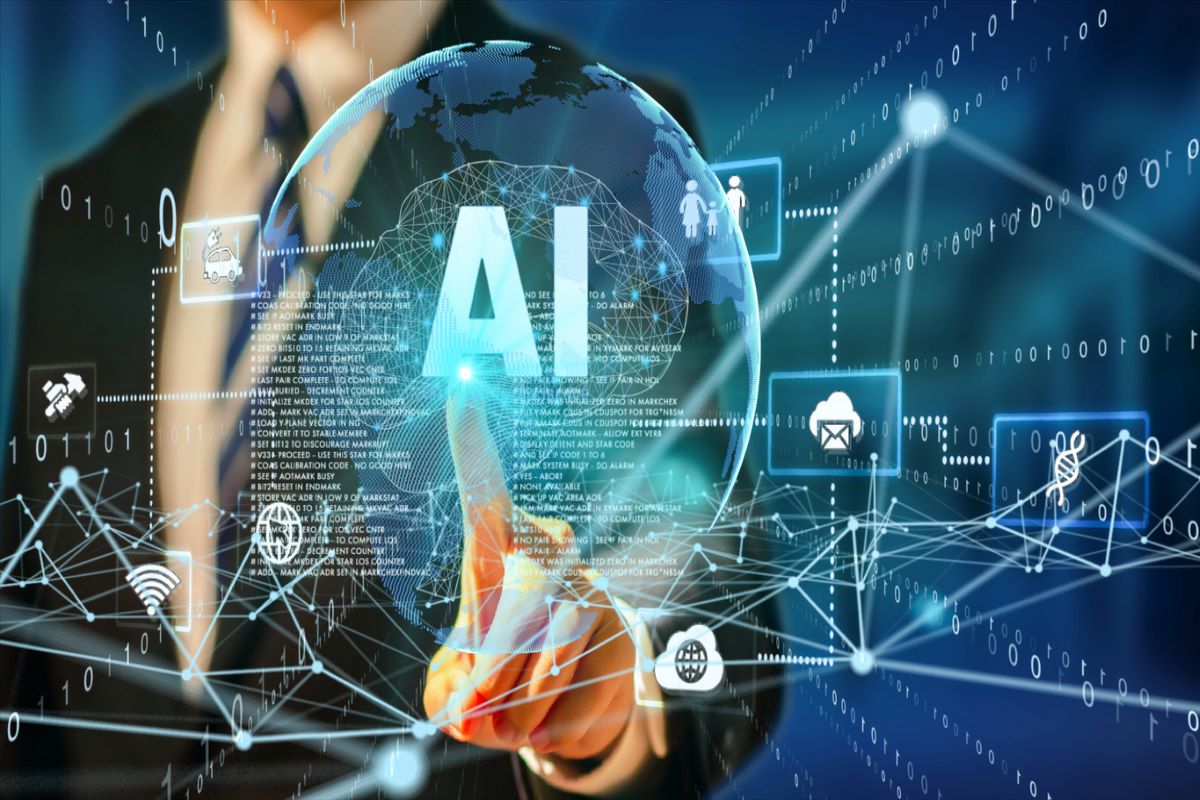
How schools in India are integrating AI into their curricula. Photo: @AFP.
Recently, at Greenwood High School International School, with the IB curriculum, artificial intelligence is part of the newly introduced robotics subject. Mr. Aloysius D’mello, Principal of the school said: “Students will continue to take on many different roles in the future based on what they learn today. They will go on to become programmers, developers, and developers. developers, builders and inventors, and they will have to study cutting-edge subjects like Artificial Intelligence (AI) at the school level.
At Greenwood High School International, robotics is taught as a subject and AI as part of autonomous robotics becomes a topic of study. AI has also evolved out of disciplines such as Science, Mathematics, Philosophy, Sociology, Computing and others, and so any school realizes the importance of integrating learning. AI’s willingness to maximize cross-disciplinary learning is the right thing to do. Artificial intelligence is evolving rapidly with the potential to change the face of education in a series of ways.”
In addition to education, the Indian government is using AI in a number of areas, including managing traffic flows, improving digital exchange systems, and speeding up criminal investigation processes. In the industry, AI is being deployed for a number of activities such as inventory tracking and management, data sharing and awareness, enhancing customer experience, improving recruitment processes, data mining and optimization. The AI market in India is expected to grow at a 5-year compound annual growth rate (CAGR) of 20.2% and reach a total revenue of US$7.8 billion by 2025.
Huynh Dung -According to Opengovasia/Analyticsindiamag
at Blogtuan.info – Source: danviet.vn – Read the original article here
